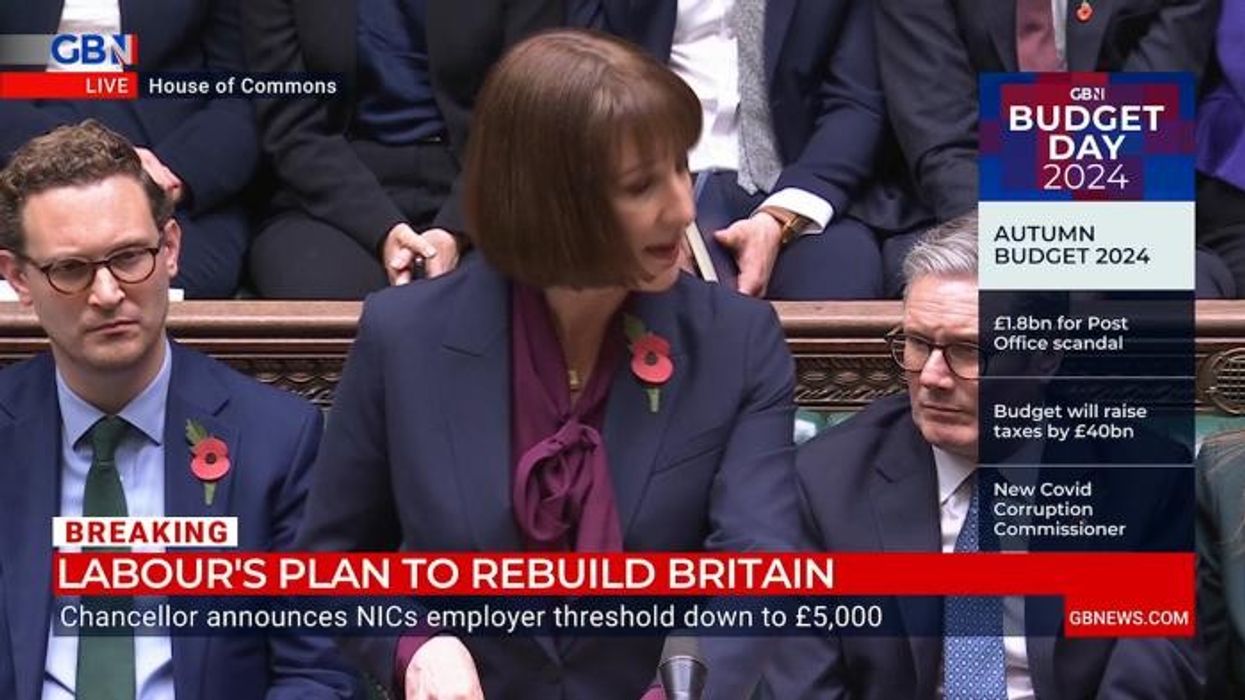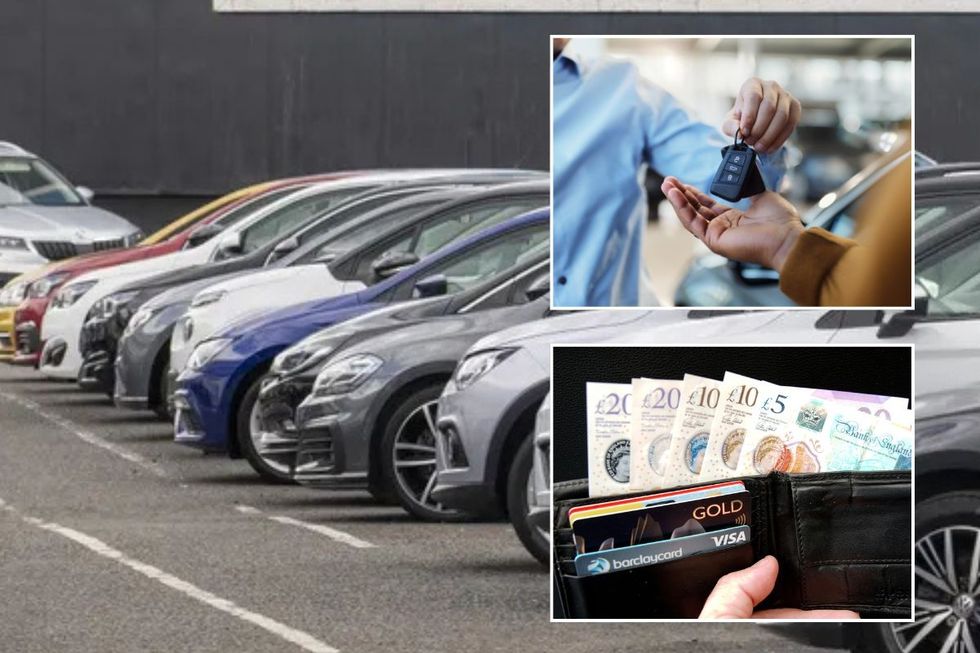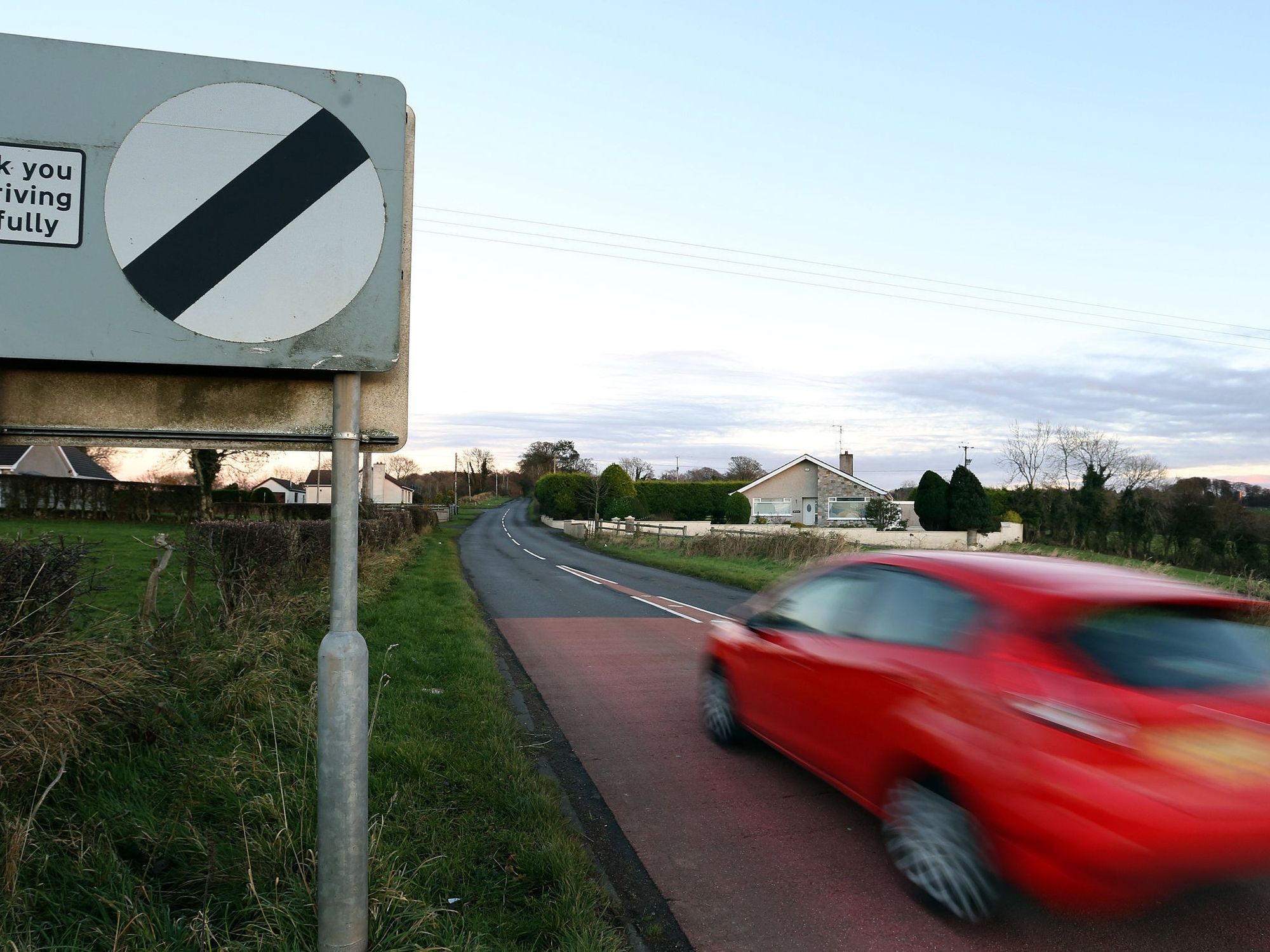HMRC car tax update could lead to 'fewer cars' on roads after Rachel Reeves closed 'loophole'

WATCH: Chancellor Rachel Reeves unveils new car tax measures
|GB NEWS

One expert warned that major car brands were concerned about the impact of the changes on jobs across the automotive sector
Don't Miss
Most Read
Latest
Experts are urging the Government to abandon proposed changes to vehicle benefit taxation that would affect thousands of workers across Britain.
The draft legislation, released by HMRC in July, aims to treat employee car ownership schemes as standard company vehicles for tax purposes.
The new rules, scheduled to begin on October 6, 2026, would bring these arrangements under Benefit-in-Kind taxation.
**ARE YOU READING THIS ON OUR APP? DOWNLOAD NOW FOR THE BEST GB NEWS EXPERIENCE**
This follows the Chancellor's Autumn Budget commitment to close what officials termed a "loophole" in the current system.

Experts are warning of serious impacts if the HMRC rules are to go ahead next year
|GETTY
According to HMRC calculations, approximately 76,000 staff members across 1,900 businesses currently participate in such programmes.
These arrangements remain particularly prevalent within automotive manufacturing and dealership sectors, where workers can purchase vehicles at significant reductions from retail prices.
Officials anticipate the measures will generate £275 million during the initial implementation year, with subsequent annual returns of £220million, £195million and £175million projected through to 2030.
Senior automotive executives have challenged the Treasury's revenue projections, arguing the policy could achieve the opposite of its intended financial goals.
Robert Forrester, chief executive of Vertu Motors, has written directly to Treasury officials, cautioning that the modifications might weaken demand for new vehicles and destabilise the pre-owned car sector.
In a LinkedIn post, Forrester disputed the Government's assessment that the alterations would have minimal economic consequences.
He said: "The assumption that this change will have no significant macroeconomic impact is, in our view, incorrect. Our main conclusion is that the change is likely to reduce income to the Exchequer rather than increase it."
Vertu Motors' internal analysis reveals stark disparities between Treasury expectations and potential outcomes. The company, which currently has nearly 250 staff participating in car ownership programmes, calculated that shifting these workers to conventional company car arrangements would slash annual tax receipts per employee from £32,500 to £4,505.
LATEST DEVELOPMENTS:
This dramatic reduction would cost the Government almost £7million in lost revenue from Vertu Motors alone.
Mr Forrester emphasised that these employee schemes currently represent approximately five per cent of all new vehicle registrations in Britain, while also supplying a substantial portion of the nearly-new car market.
The automotive sector leader stressed that eliminating these programmes would have far-reaching consequences beyond simple tax collection.
Market disruption could affect both new vehicle sales and the broader used car ecosystem, potentially undermining the Treasury's revenue targets rather than achieving them.

Drivers could find themselves paying more to use their company cars
| PAMotor industry consultant Anthony Cox from RSM UK echoed concerns, saying: "ECOS often made vehicles more affordable for employees, especially in motor retail, so removing these schemes could lead to fewer cars being available to buy through the nearly new market.
"There are further concerns from car manufacturers that the impact of these changes may have a knock-on effect on jobs across the automotive industry.
"Whilst we understand the industry made the Government aware of these broader concerns, and despite the stated initial plans to target contrived schemes, the legislation is so broad that it not only removes ECOS as an option, but also raises concerns about its potential impact on PCP arrangements for employees."
The specialist highlighted an apparent inconsistency in tax treatment, pointing out that workers in other industries can receive their employers' products at cost price without incurring tax liabilities.
He argued this creates an unequal situation for automotive sector employees. Mr Cox also criticised the implementation timeline, noting businesses would have barely 12 months to adjust before the October 2026 deadline.










